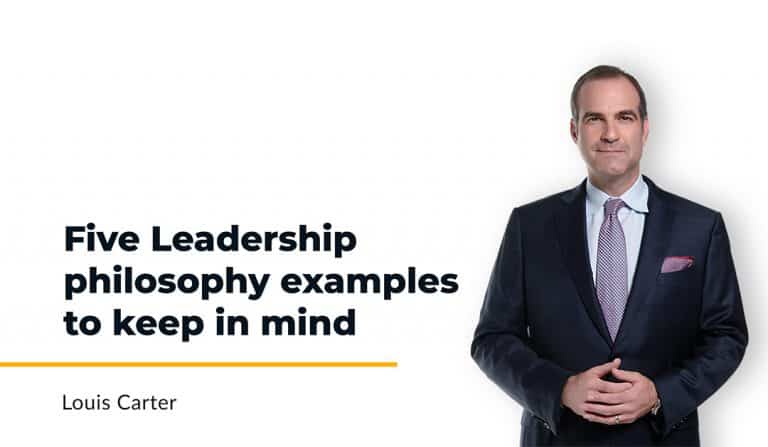As workplaces evolve, so do the needs of parents and caregivers, balancing professional responsibilities with their personal lives.
With work-life balance and workplace culture becoming crucial aspects of employee satisfaction, companies are increasingly adopting innovative strategies to support their employees, who are also caregivers. Here’s a look at some of the upcoming trends and practices shaping the future of workplace support for parents and caregivers.
1. Customized Work Schedules and Flexibility
One of the most significant trends is the move towards more flexible and customized work schedules. Companies are recognizing the need for employees to tailor their work hours to fit their responsibilities. This approach includes remote work options and allows employees to adjust their schedules to better align with their family needs.
A Gallup study highlights that flexible work arrangements can significantly boost job satisfaction and reduce turnover. By allowing employees to propose their work schedules, organizations foster a culture of trust and flexibility that enhances overall productivity and work-life balance.
Become a Most Loved Workplace®
Get certified and join the ranks of the world’s most respected workplaces. Build a culture your team will love.
Get Certified Now
2. Enhanced Communication Strategies
Effective communication is the key to managing work-life balance. Companies are implementing strategies to categorize and prioritize communications to support working parents. For instance, emails are now being labeled as “Urgent,” “For Next Week,” or “Not Urgent,” helping employees manage their workload and reduce stress.
This approach helps maintain productivity and ensures that parents can better organize their tasks and avoid unnecessary work-related anxiety.
3. Establishing Support Networks
Creating dedicated support networks for working parents within the workplace is becoming increasingly popular. These networks provide a platform for employees to connect, share experiences, and access resources.
Companies are fostering a supportive community that strengthens workplace culture by hosting networking events, knowledge-sharing sessions, and even kid-friendly onsite activities. This approach helps employees feel valued and enhances their ability to manage work and family responsibilities more effectively.
4. Broadening the Definition of Caregiving

Another trend is the expansion of the definition of caregiving. Modern workplaces are moving beyond traditional notions of caregiving to include a broader range of family structures and responsibilities. This shift acknowledges the diverse needs of employees, including foster parents, extended family members, or caregivers for aging relatives. Companies promote a more inclusive and supportive workplace environment by recognizing and accommodating these varied caregiving roles. Here is what this typically entails:
Recognition of Inclusive Family Structures
Modern workplaces are increasingly acknowledging the variety of family structures that exist today. It includes recognizing the roles of foster parents, grandparents, and other extended family members who play critical caregiving roles.
By broadening the definition of caregiving, companies can offer support that aligns with their employees’ diverse needs. This may involve policies that provide flexible work arrangements or additional leave benefits, ensuring that all employees, regardless of their specific caregiving responsibilities, can effectively balance their work and family commitments.
Support for Caregiving Across Generations
The shift towards a broader understanding of caregiving also encompasses support for employees responsible for aging relatives. As the population ages, many employees care for elderly parents or relatives.
Recognizing this, companies are implementing programs and benefits that specifically address the needs of these employees. It might include eldercare resources, counseling services, or flexible schedules to accommodate caregiving duties. By addressing these needs, businesses support their employees and foster a workplace culture of empathy and understanding.
5. Embracing Empathy and Well-being
Empathy is increasingly becoming a cornerstone of influential workplace culture. Leaders focus on creating environments where employees feel genuinely cared for and supported. It involves providing flexible work arrangements and investing in mental well-being and personal development.
According to Richard Branson, supporting employees through flexible working conditions and unlimited leave policies can significantly enhance job satisfaction and productivity. Organizations prioritizing empathy and well-being will likely attract and retain top talent as employees seek workplaces that align with their values and needs.
6. Implementing Customizable Benefits
Customizable benefits are emerging as a key trend for supporting working parents. These benefits offer options like pre-paid childcare wallets, career coaching, and flexible PTO policies.
Providing employees with the ability to choose benefits that best suit their life stage offers them greater autonomy and satisfaction. Companies that adopt these flexible benefits are better positioned to meet the diverse needs of their workforce and enhance overall employee engagement.
Final Word
It is clear that supporting working parents and caregivers demands in the future will require multi-faceted approach. It is possible for the companies to create a more inclusive and caring organization by implementing flexible working arrangements, improving communication, establishing support networks, broadening definitions of caregiving, embracing empathy and offering customizable benefits.
Besides helping employees to realize a better work-life balance, it will lead to an engaged and productive workforce.
We at Louis Carter know how important it is to create supportive environments for parents and caregivers. Contact us today if you want to develop your workplace culture further or if you are looking for effective support strategies implementations so that we can help you build a work environment that is more empathetic and inclusive.






